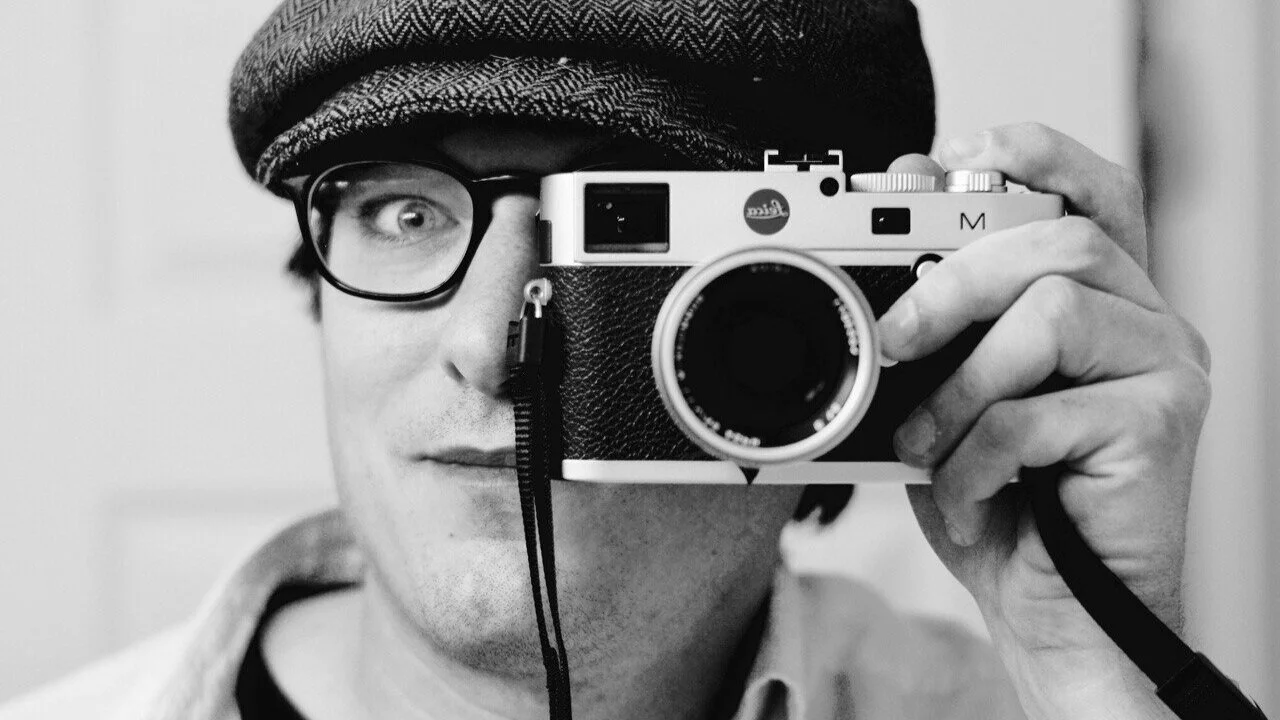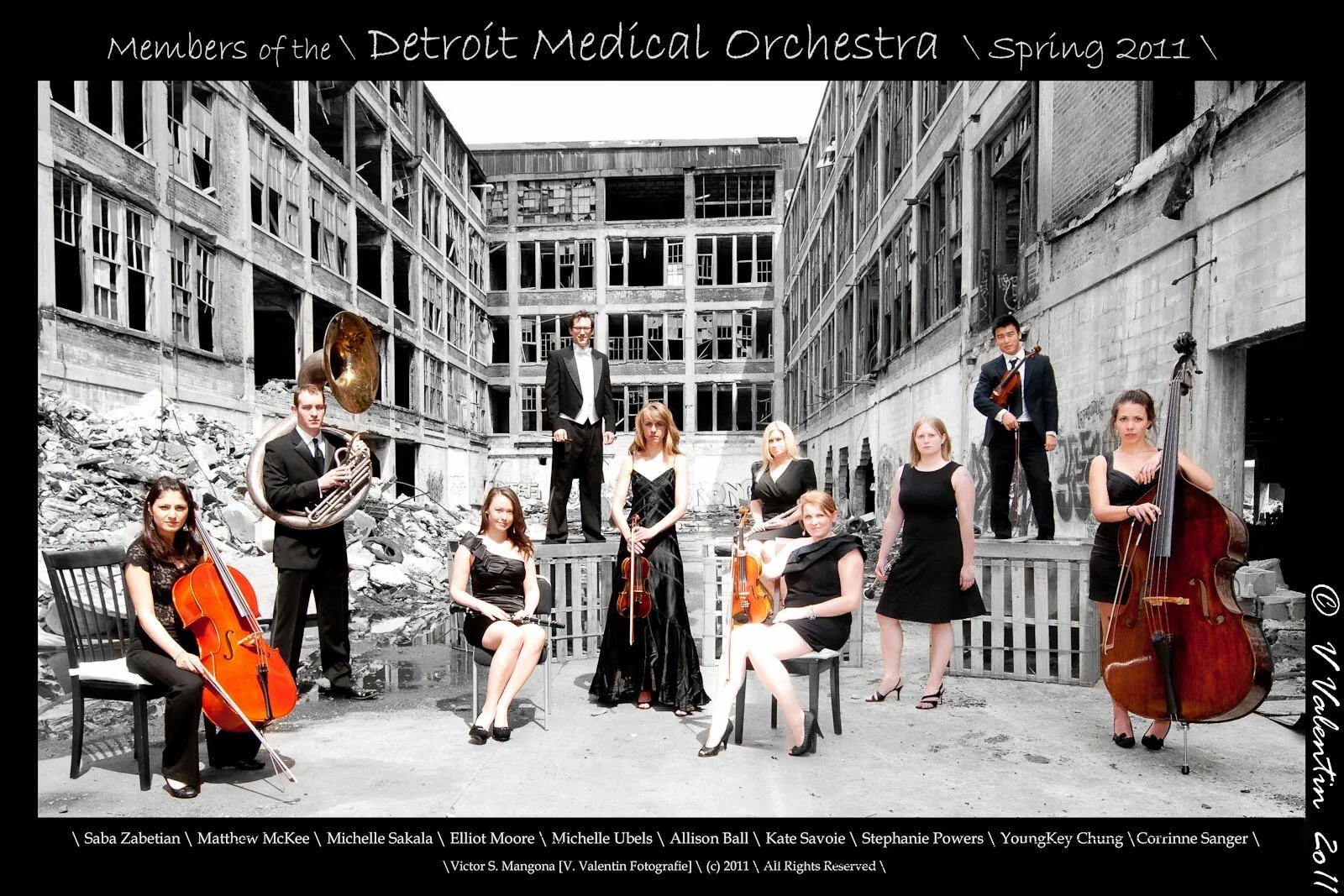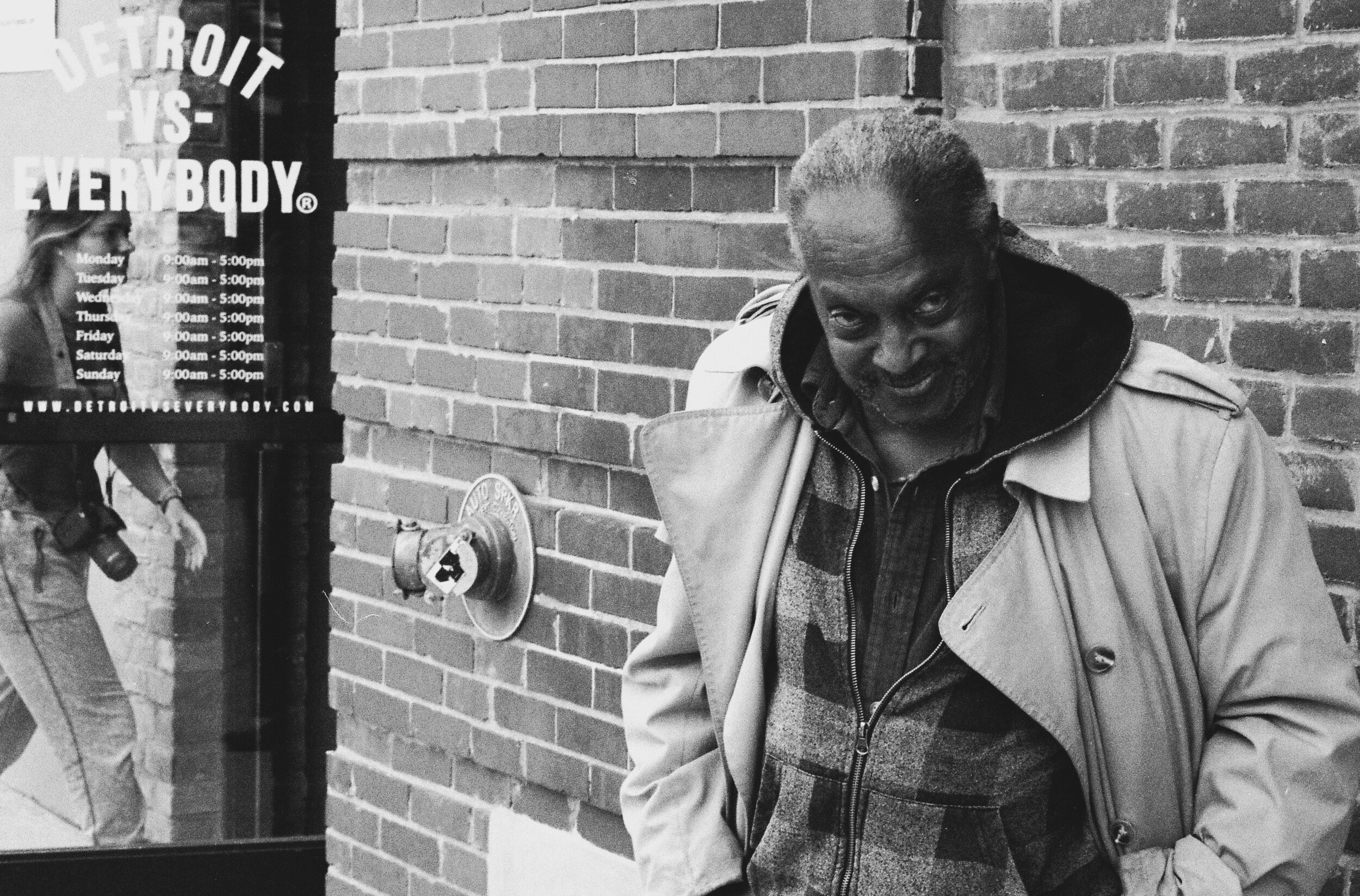How I Inherited a 1959 Leica M3 - The Best Camera Ever Made
Elliot Moore
My interest in photography was peaked when a dear friend of mine, Victor Mangona, a pediatric radiation oncologist, offered to take some headshots of me and some fellow musicians. His knowledge of light, composition, subject matter, and ability to get the camera to respond to all of the variables was incredibly impressive to me. Following the photo shoot, I asked him to help me find a camera that could get me started with photography. I went on a few shoots with him — when he wasn't working in the hospital, and I wasn't preparing for a performance.
Several years later, my uncle passed away. He had a collection of cameras, including several digital and film cameras. As my dad was making his way through my uncle's personal effects, he gave my sister a call and asked her if she wanted any of the cameras. She replied that she wanted ALL of the digital cameras. My dad called me next, explaining that my sister had requested all of the digital cameras and asking if I was okay with that. I told him that it was totally acceptable to me that she get all of the "fancy" cameras. However, knowing that my uncle was a camera enthusiast, I requested that if he had a Leica, that I would get that one. My dad had a quick look and saw that he did possess a 1959 Leica M3. Having never heard of this camera company, my dad did a quick google search and found out that a Leica M3 was considered the best camera ever made. The camera body and three lenses that he had in his hands was worth several thousand dollars! I wound up taking all of my uncle's film cameras, including his Leica M3.
Not many things stand the test of time as this camera has done, and technology has undoubtedly made our lives easier. But the old Leica M3 is still considered the greatest camera ever made. Think about this, Leica optics provided the quality for the shots of the lunar landing in 1969 and was the camera of choice of my favorite street photographer, Henri Cartier-Bresson. When I show people the camera, their first question is: where does the battery go? There is no battery; The camera is 100% mechanical. It is a work of art in itself!
Following the camera's first and only cleaning — 60 years after it was built — I was able to begin shooting film on my "new" 1959 Leica. I even turned our upstairs bathroom into a dark room (much to my wife's chagrin!), where I learned to develop film and make prints.
While I have gotten away from shooting film more recently, the lessons that I learned from using my late uncle's camera about assessing the light, engaging a subject, composing the shot while looking through his glass, and pressing the shutter at the decisive moment, are ones that regularly allow me to observe the inherent beauty and complexity of people and of our world.





